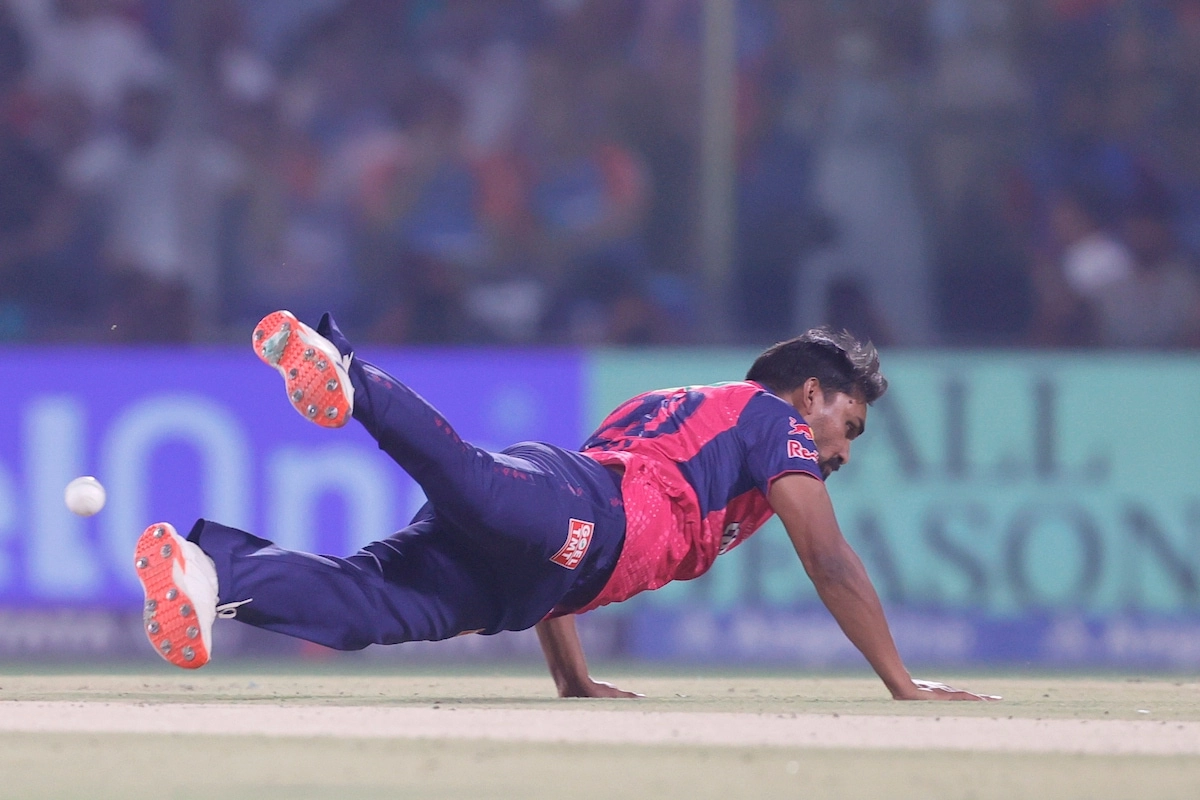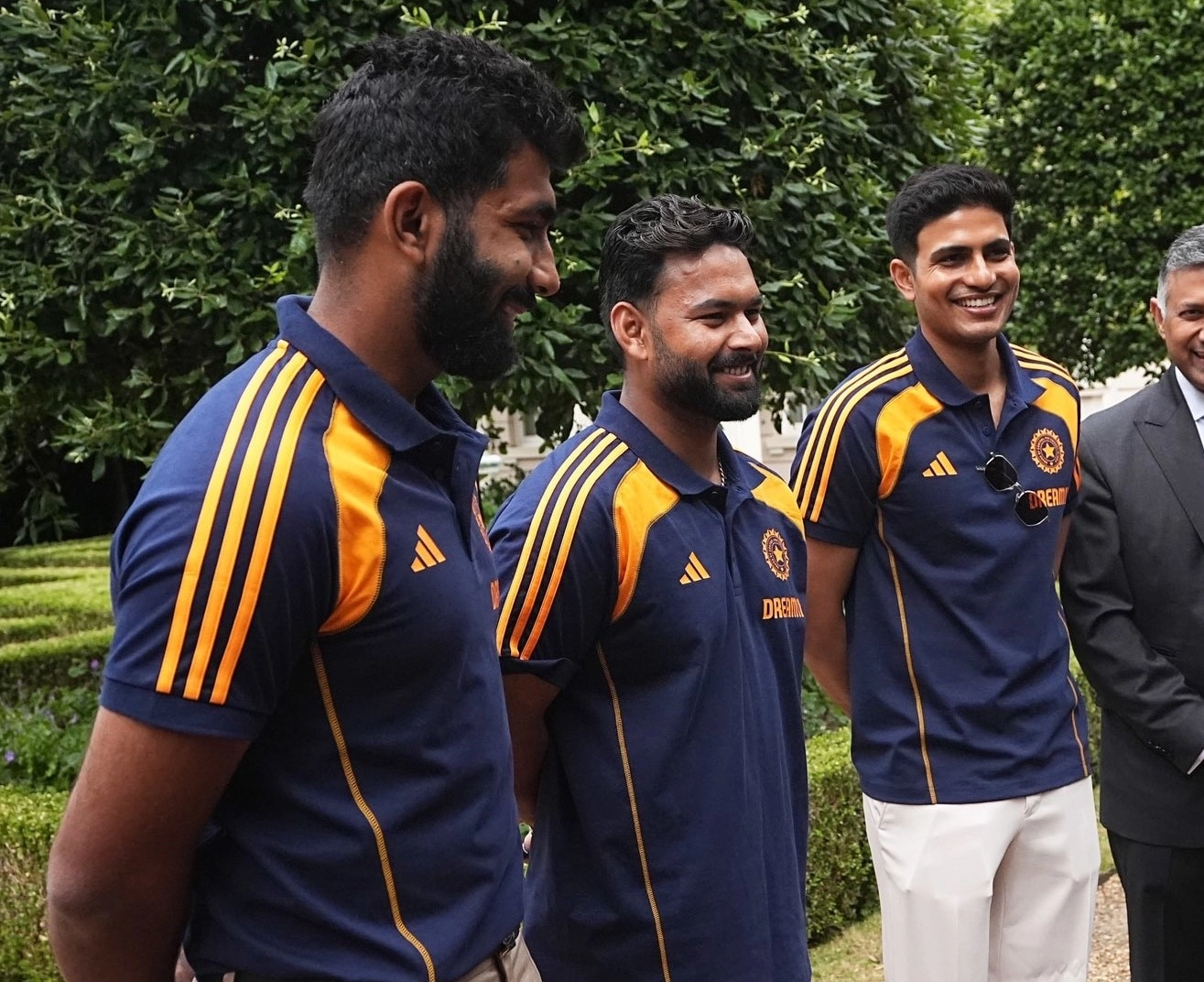In a surprising turn of events, a star player from the Mumbai Indians has reportedly received a legal notice from the Pakistan Cricket Board (PCB) following his decision to withdraw from the Pakistan Super League (PSL) to participate in the Indian Premier League (IPL). This development highlights the ongoing tensions between the two cricketing nations and raises questions about player commitments and contractual obligations in professional sports. The player, who had initially signed on to represent a franchise in the PSL, opted to prioritize his participation in the IPL, which is widely regarded as one of the most lucrative and competitive T20 leagues in the world.
The PCB’s legal notice underscores its determination to enforce player contracts and protect the integrity of its domestic leagues. This incident serves as a reminder of the complex relationships that exist between players, franchises, and governing bodies. While players often seek opportunities that offer better financial incentives and exposure, they must also navigate the potential repercussions of abandoning commitments to leagues in their home countries. The PCB’s action is not only aimed at this individual player but also serves as a broader message to other players and franchises about the importance of upholding agreements and respecting the leagues that provide them with a platform.
The clash between the PSL and IPL is emblematic of the competitive nature of T20 cricket, where financial rewards often dictate player decisions. The IPL has consistently attracted top talent from around the globe, creating a scenario where players are sometimes tempted to prioritize it over other leagues. However, this situation could lead to a rift between players and their home boards, as seen in this case. The PCB’s legal pursuit may also provoke discussions about player autonomy and the balance between league interests and individual aspirations.
As the cricketing community closely watches this unfolding situation, it remains to be seen how it will affect the dynamics of player participation in international leagues. The incident could prompt players to be more cautious in their commitments or lead to changes in how contracts are negotiated and enforced. Ultimately, the outcome of this legal notice could have significant implications for the future of T20 cricket, particularly in the context of player movement between leagues and the relationships between national boards and franchises.




